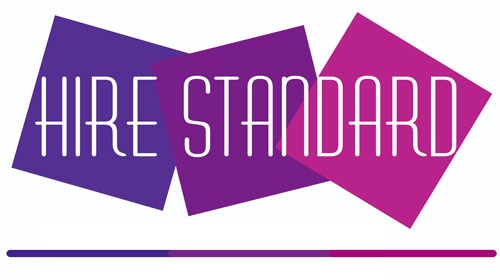 Companies involved in hiring often narrow down their candidates to a “short list” and ask finalists to return for another interview before deciding who to choose. Some clients even request a third interview – spending valuable time and annoying job seekers in the process. Are multiple interviews the result of management indecision or do they serve a purpose?
Companies involved in hiring often narrow down their candidates to a “short list” and ask finalists to return for another interview before deciding who to choose. Some clients even request a third interview – spending valuable time and annoying job seekers in the process. Are multiple interviews the result of management indecision or do they serve a purpose?
Candidates/position applicants sometimes feel they are pieces on a chess board, and they ask why they should be required to re-qualify for a position following their first successful interview. It is possible to conclude the hiring company (or the recruiting firm!) is unsure about their decision, or that the company is buying time before making a commitment. This is not usually the case…there may be additional internal issues or candidates for consideration. Sometimes one of the hiring managers was unable to participate in the initial interview and wants to meet the finalists.
Companies/clients also tell us they gain valuable information during these additional tiers of candidate meetings. The interviewing “kiss of death” can occur when a candidate is overly confident and interacts differently on Round Two than the first time around. Also, the hiring managers are able to examine two or three finalists more effectively than they could do during the original vetting process. Careful cross-checking of information can help the management team determine details that may have been originally overlooked. Frankly, the second interview should be a more personal experience to validate their initial reaction, or to raise questions that may not have surfaced earlier.
Job seekers, the second interview presents an unparalleled opportunity if you approach the meeting with the right focus. You’ve already made that vital first impression. Now you have the chance for more realistic interaction with the people who will be on your team. Think about what characteristics are important to you with your new employer, new job, and new responsibilities. Ask to meet others on the team who were not included in your first interview. Find out more about the previous employee: in what areas did they succeed or fail, what does the employer want to change about the team interaction with this new hire?
Both interviewees and hiring managers have now had some time to digest their original impressions. Employers accept the risk factor in elongating the interviewing process: their favorite candidate(s) may have found other opportunities and no longer be interested in the job. But the employer may also discover new skills or other personality components they did not see originally. On balance, most clients understand they are making an important decision and the risk-reward ration is in their favor. Most of us would not decide to get married after only one date, but we think one interview should be sufficient to make an equally important decision!
Whether it’s filling a critical staff position, or seeking your next professional position, Hire Standard can help navigate the process. Contact a Hire Standard professional for career advice via e-mail or by phone at 240-235-5065.
